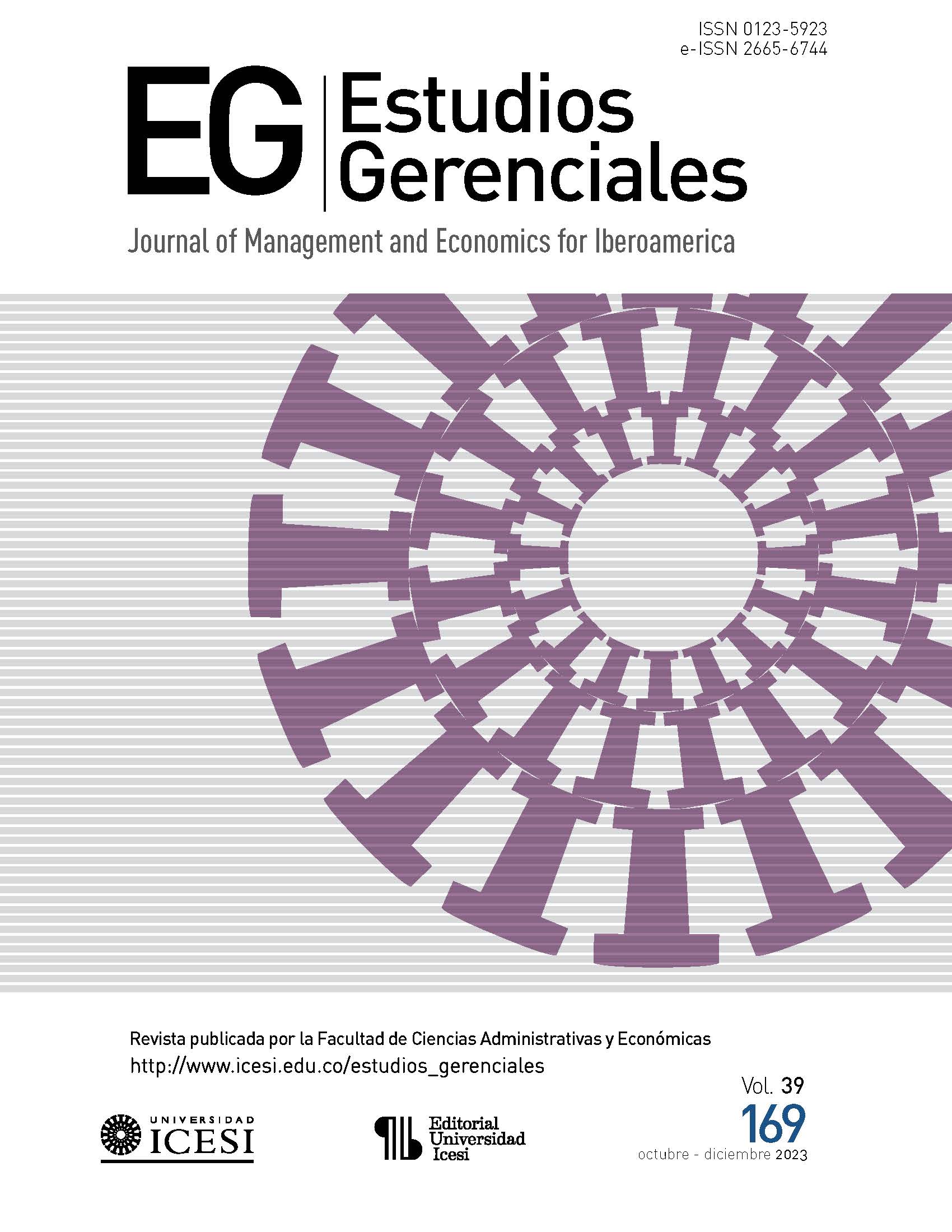Consuming slow fashion: How exclusivity and equity motivate sustainable fashion purchasing behavior?
DOI:
https://doi.org/10.18046/j.estger.2023.169.5914Keywords:
exclusivity, equity, functionality, sustainable fashion, factor analysisAbstract
How to motivate sustainable fashion purchasing behavior is relevant to the success of sustainable ventures, products, and brands that requires further understanding. This study aimed to analyze the motivational factors that promote sustainable fashion purchasing behavior. To this end, a structural equation model was used to contrast the motivational factors of equity, functionality, localism, authenticity, and exclusivity, and their effects on sustainable fashion purchasing behavior based on a sample of 408 sustainable consumers. The results, after applying an exploratory and confirmatory methodology, suggest that exclusivity and equity are the key motivations to promote sustainable fashion purchasing behavior. The findings also indicate that functionality is a relevant factor, but does not necessarily favor sustainable fashion purchasing behavior.
Downloads
References
Downloads
Published
Versions
- 2025-06-04 (2)
- 2023-12-22 (1)
Issue
Section
License
Copyright (c) 2024 Estudios Gerenciales

This work is licensed under a Creative Commons Attribution 4.0 International License.
Articles are the sole responsibility of their authors, and will not compromise Icesi’s University principles or policies nor those of the Editorial Board of the journal Estudios Gerenciales. Authors authorize and accept the transfer of all rights to the journal, both for its print and electronic publication. After an article is published, it may be reproduced without previous permission of the author or the journal but the author(s), year, title, volume, number and range of pages of the publication must be mentioned. In addition, Estudios Gerenciales must be mentioned as the source (please, refrain from using Revista Estudios Gerenciales).








